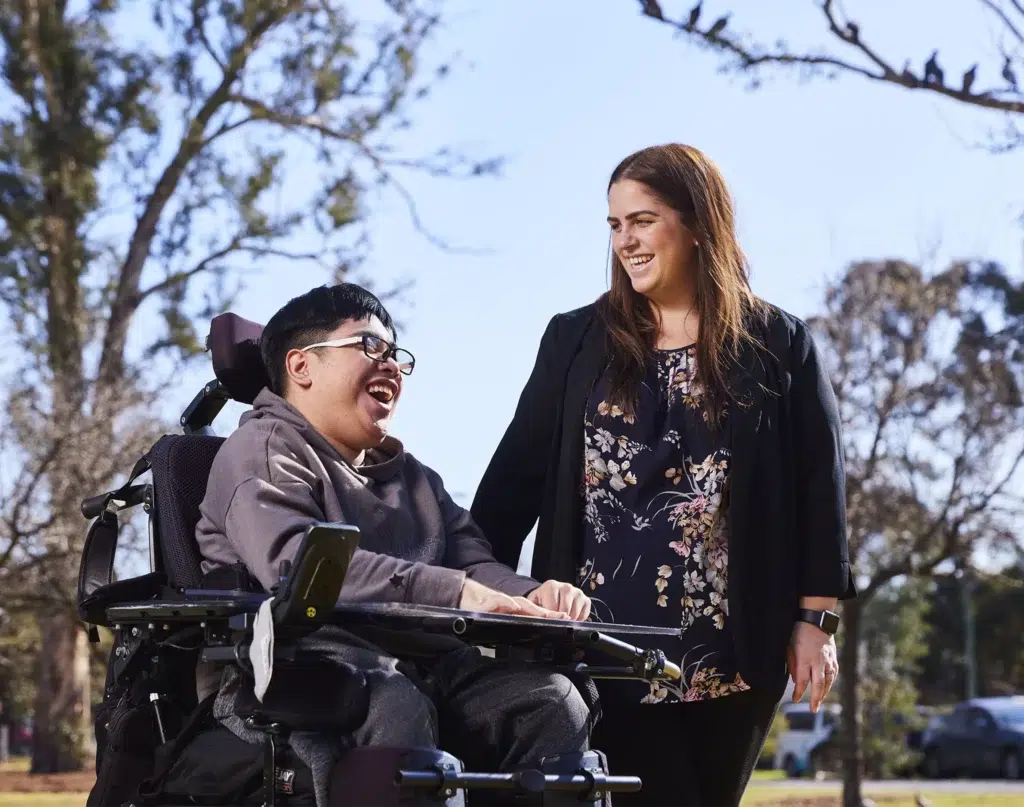At Royal Rehab LifeWorks, we’re passionate about empowering people with disability to live more independently and pursue the goals that matter most to them.
We offer a wide range of allied health services designed to build skills and support greater independence. Our warm and highly skilled multidisciplinary team works closely with each individual to deliver personalised care that aligns with their unique needs, strengths, and aspirations, helping them reach their potential and live a connected, fulfilling life.

